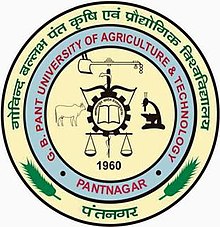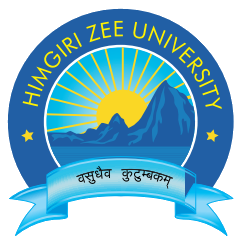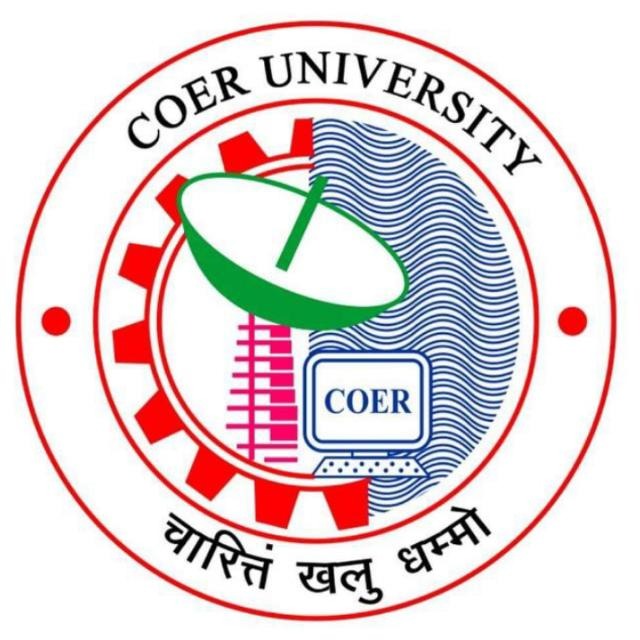What is M.sc Agronomy
M.Sc. Agronomy is a two-year, full-time postgraduate course that provides students with a broad overview of various practices used by agriculturists. The course is meant to provide advanced insight into offering alternatives for sustainable agriculture
Program Structure
The program provides in-depth knowledge of agriculture and its various aspects in a specialized field. Students gain scientific knowledge and understanding of production methodology for agricultural crops. They also learn about:
- Weed science
- Water management
- Crop physiology
- Organic farming
- Scientific knowledge to increase produce production
Some topics in the M.Sc. Ag. (Agronomy) program include:
- Lime requirement for acid soils and gypsum requirement for sodic soils
- Crop production techniques in problem soils
- Effects of water table fluctuation on crop growth
- Degraded lands and their rehabilitation
Specialization
MSc agriculture is a postgraduate course that focuses on developing sustainable agricultural methods to improve the environment and human health. Agronomy is a specialization within MSc agriculture that focuses on the science of plant breeding and how it relates to human consumption.
subjects studied in an MSc agriculture program include:
- Modern concepts in crop production
- Physiology of drought
- Herbicides and crop production
- Physiological aspect of crop yield
- Principles of crop nutrition
- Physiology of crop plants
- Advanced irrigation agronomy
- Agricultural research organizations
- Advanced crop ecology
After completing an MSc agriculture program, students can pursue a variety of careers in agriculture and allied sectors, including:
Agronomist, Agricultural scientist, Crop production specialist, Crop scientist, Lab technician, Assistant professor, Research fellow, Farm associate, Farm manager.
Other specializations within MSc agriculture include:
- Horticulture
- Entomology
- Plant pathology
- Agricultural extension and communication
Some Basic Information for M.Sc Agronomy
| Criteria | Details |
| Educational Qualification | Bachelor’s degree in Agriculture or a related field |
| Minimum Marks | Typically, 50-60% aggregate marks in the qualifying degree |
| Entrance Exam | May require ICAR AIEEA or institution-specific entrance exam |
| Work Experience | Prefer candidates with relevant experience |
| Statement of Purpose (SOP) | SOP outlining candidate’s interests, motivations, and goals |
| References/Letters of Recommendation | Academic or professional references preferred |
| Language Proficiency | Proficiency in English through tests like IELTS or TOEFL |
| Resume or CV | Some programs may require a resume or curriculum vitae (CV) detailing your academic and extracurricular achievements. |
| Interview | Some programs may require an interview as part of the application process. |


![Lovely Professional University - [LPU]](https://admissiontrustline.com/wp-content/uploads/2024/02/Lovely_Professional_University_logo.png)

